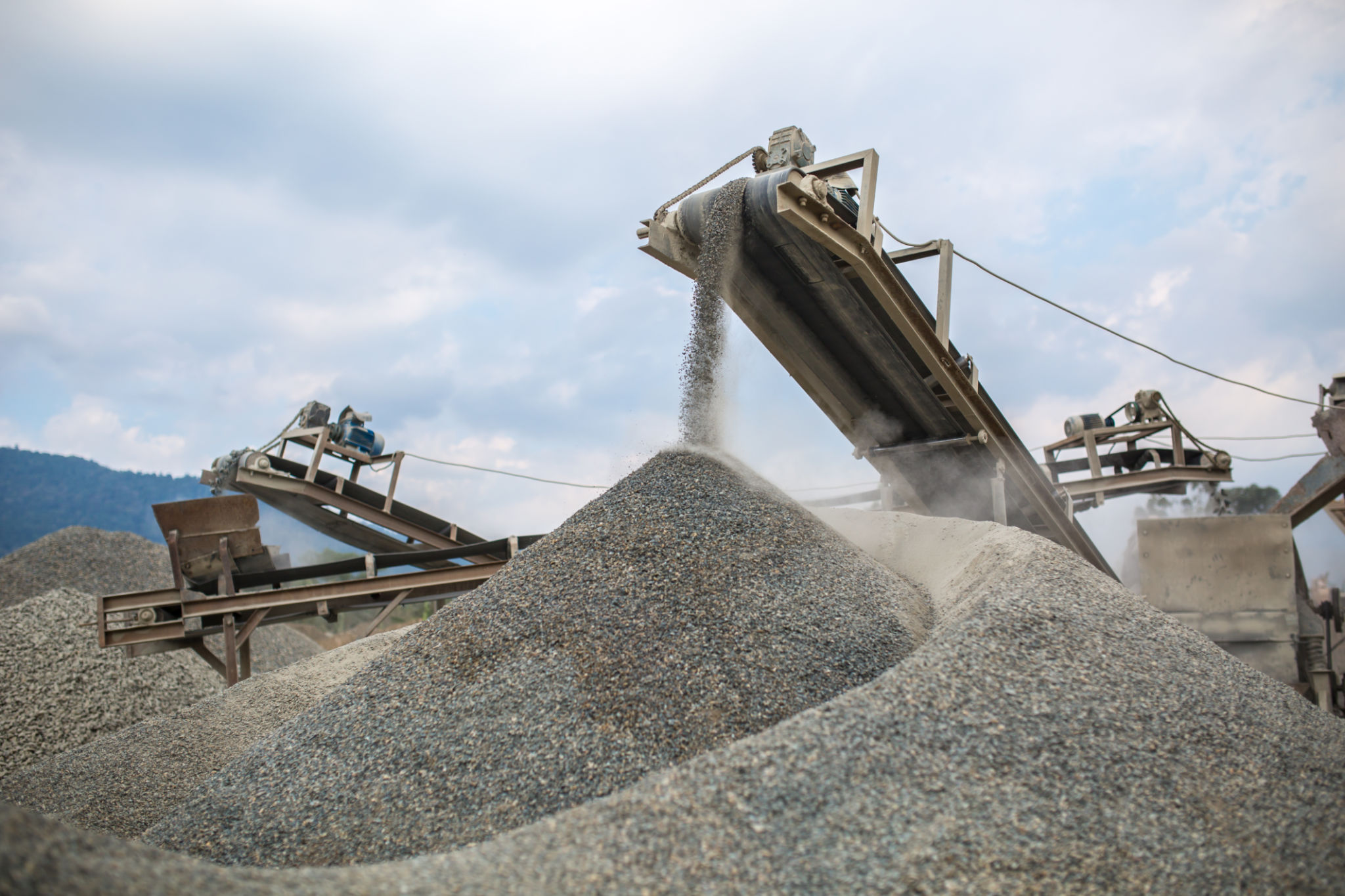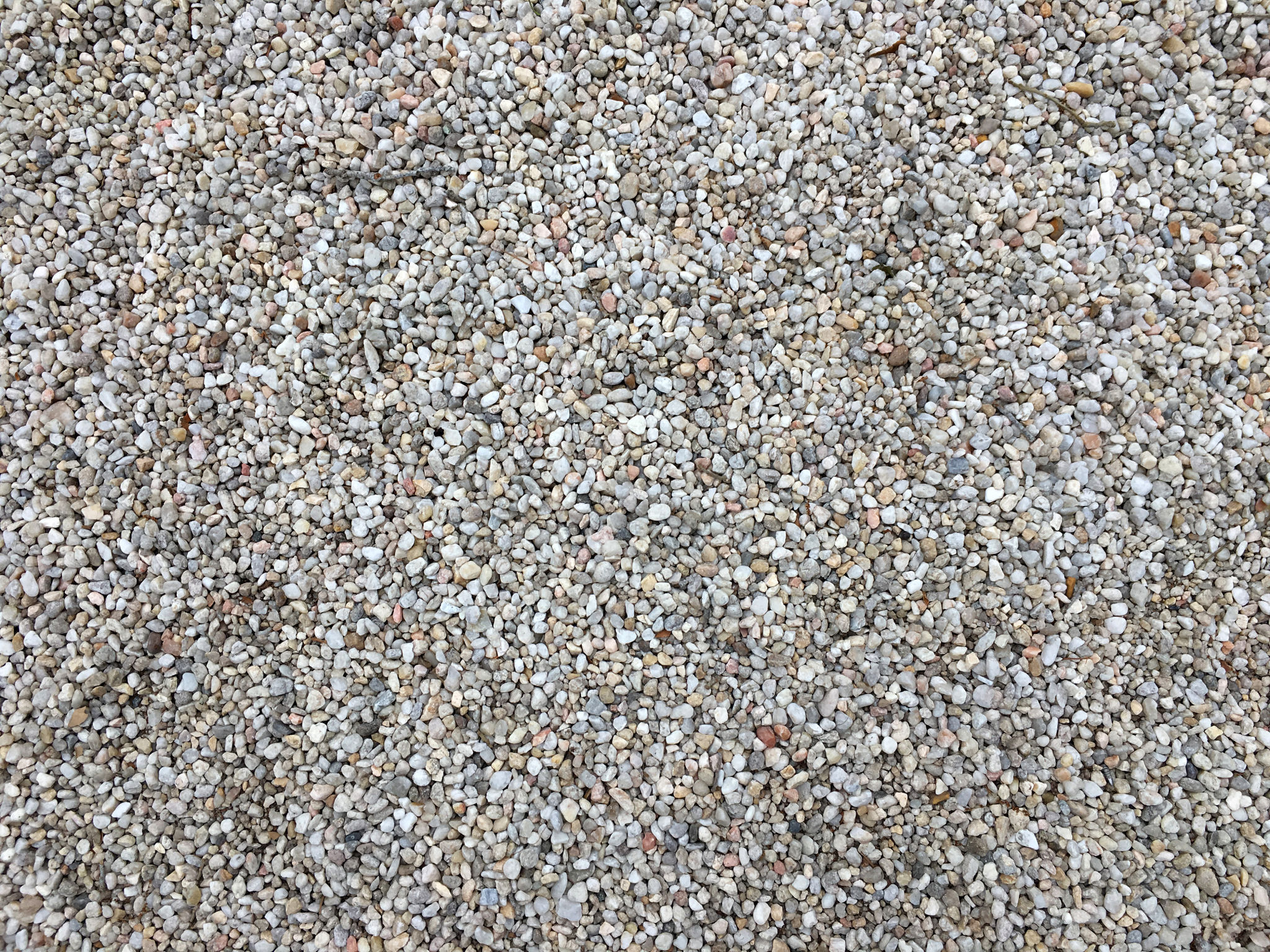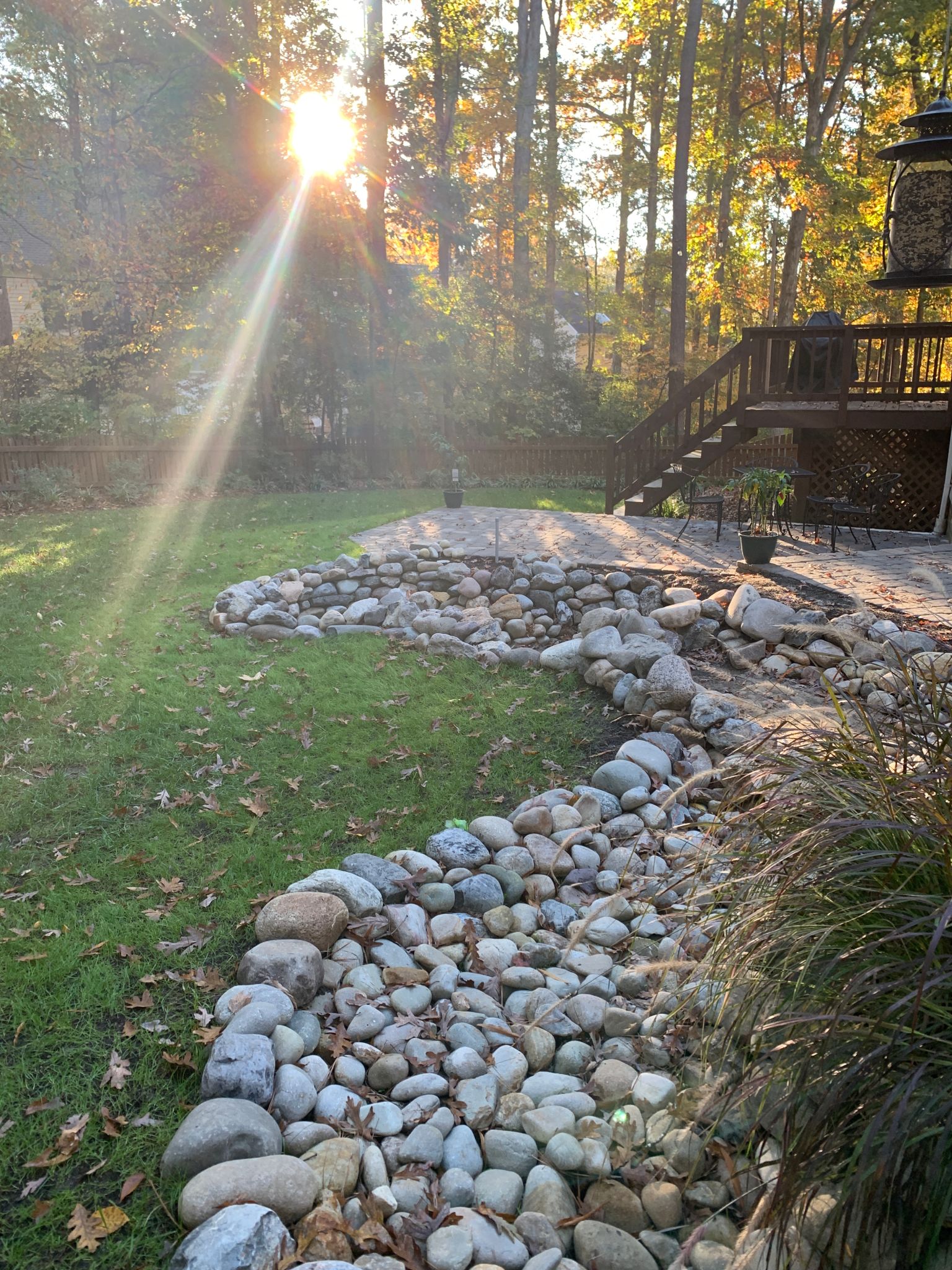Understanding Gravel Types for Your Next Construction Project
Introduction to Gravel Types
When embarking on a construction project, selecting the right type of gravel is crucial for ensuring the durability and stability of your build. Gravel comes in various types, each suitable for different applications. Understanding these types will help you make informed decisions, optimizing both quality and cost-effectiveness.

Crushed Stone Gravel
Crushed stone gravel is one of the most commonly used types in construction projects. It is made by mechanically breaking down larger stones, resulting in sharp-edged pieces. This type of gravel is ideal for creating a solid base for roads and driveways, providing excellent drainage and compaction properties.
Applications of Crushed Stone
The angular nature of crushed stone makes it perfect for use in concrete mixes, as well as a sub-base material for pavements and pathways. Its rough texture also ensures that it interlocks well, providing stability to construction sites.
Pea Gravel
Pea gravel, characterized by its small, rounded stones, is often used in landscaping projects. Its smooth texture and aesthetic appeal make it a popular choice for garden paths, patios, and decorative elements. However, due to its round shape, pea gravel is not suitable for load-bearing applications.

Benefits of Pea Gravel
Besides its visual appeal, pea gravel offers excellent drainage properties. It can be used to enhance the appearance of outdoor areas without compromising functionality. Its versatility makes it a favorite among landscapers seeking to create visually pleasing yet practical spaces.
River Rock Gravel
River rock gravel consists of larger, smooth stones that are naturally rounded by water flow. This type of gravel is often used in decorative landscaping projects, as well as in water features like ponds and streams. While it offers aesthetic benefits, its size and shape may not provide the stability needed for structural applications.
Using River Rock in Construction
Despite its limited use in structural applications, river rock gravel can be an excellent choice for erosion control. Its weight and size help hold soil in place, preventing washouts on slopes and embankments.

Recycled Gravel
Recycled gravel is an environmentally friendly option that utilizes crushed concrete or asphalt from demolished structures. This type of gravel is suitable for driveways, parking lots, and temporary roads. Not only does it help reduce construction waste, but it also provides a cost-effective alternative to natural gravel.
Advantages of Recycled Gravel
The use of recycled gravel supports sustainability in construction projects by minimizing the need for new materials. Additionally, it offers comparable strength and durability to traditional gravel types, making it a viable choice for various applications.
Choosing the Right Gravel
When selecting gravel for your construction project, consider factors such as load requirements, drainage needs, and aesthetic preferences. By understanding the properties and applications of different gravel types, you can ensure your project’s success while maintaining efficiency and sustainability.
